Nintendo had its best year in a long time, but can it keep it up?
Nintendo's 2014 sales numbers, dissected and explained
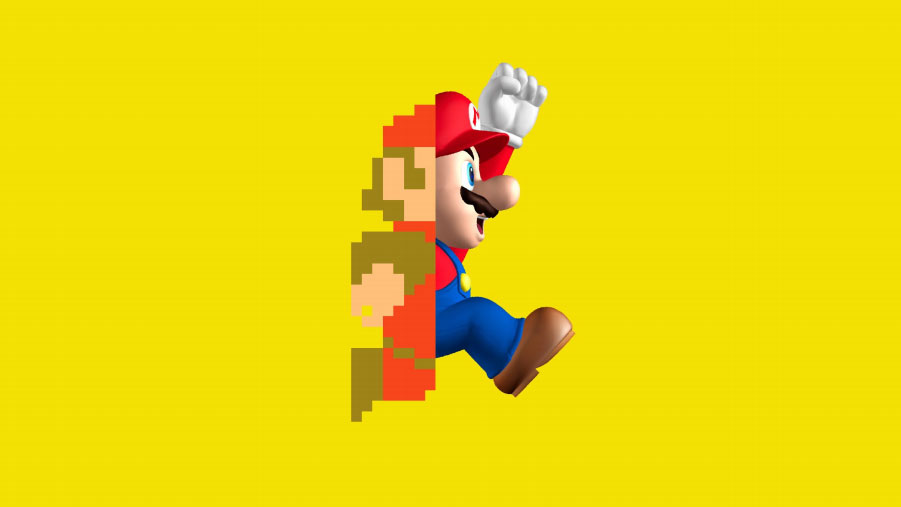
Nintendo, home of Mario, released its 2014 financial report last week, alongside sales figures and updated financial forecasts for the fiscal year.
The good news - and, certainly, what Nintendo would like us to focus on - is that 2014 was the company's first profitable year since 2012. The bad news is roughly everything else: Sales are still lagging in just about every category, and even with some end-of-year rallying for the Wii U, it still is failing miserably to live up to its predecessor in terms of units sold.
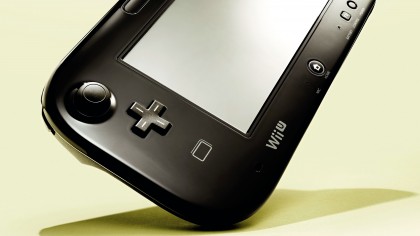
So, wait, how is it making a profit again? It's a bit confusing and, to add to the fun, Nintendo's future is even more muddled. Let's get to it.
By the Numbers
In 2014, Nintendo sold 3.93 million Wii U units, over half of which occurred in the latter half of the year. The 3DS, meanwhile, did a good deal better, selling just over seven million units worldwide between April and December. Both of those numbers, however, are lower than what Nintendo projected at the start of the fiscal year, and certainly aren't the kind of growing numbers that inspire confidence.
The Wii U, in particular, is struggling extra hard here. For point of comparison, in the Wii's first two years, it sold over 20 million copies, while the Wii U sold 9.2 million. Additionally, both the PS4 and Xbox One are outpacing Nintendo handily, with the PS4 netting lifetime sales of over 16 million and selling over a million units the week of Black Friday alone.
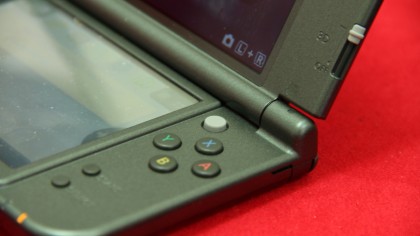
The 3DS's straits are a bit less dire, and it's still easily the handheld console hegemon. (I'd quote the PlayStation Vita's sales numbers, but Sony's been pretty tightlipped about them.)
On the bright side, software sales for Ninty's flagship titles are pretty solid. The best sellers were Super Smash Bros and Mario Kart 8, which sold 3.39 million and 4.77 million, respectively. The real victory here, though, is the 3DS version of Smash, which flew off the shelves to the tune of a whopping 6.19 million units.
Get daily insight, inspiration and deals in your inbox
Sign up for breaking news, reviews, opinion, top tech deals, and more.
None of this is terribly surprising, though it is impressive how many more units the 3DS version of Smash sold. Even given the month lead time it had, that's quite a bump, which goes to show just how much bigger the user base for the 3DS is than the Wii U.
Money, money, money
Despite positive sales on the 3DS, Nintendo lowered its sales projections by 6.8% for the fiscal year, and a lot of these numbers, while impressive, still represent a slow but steady decline. Again, we beg the question, how is Nintendo posting a net profit for the first time in years?
The answer is found in the thrilling world of currency markets. As the Wall Street Journal reported, "A weak yen accounted for a large part[…]¥51 billion in gains, mostly from a large sum of dollar- and Euro-denominated assets held by the company."
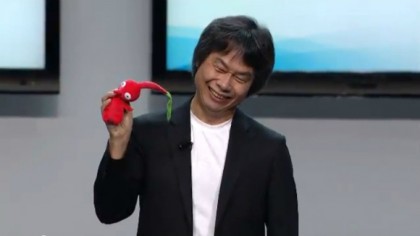
In other words, with the yen running weaker than the dollar and the Euro, Nintendo has been able to parlay its international gains, however marginal, into meaningful domestic profits when those gains are then converted back to yen. It's not the same thing as a rousing success, but it's something, and according to Barclays analyst Yuki Okishio, as reported by CNBC, it's a cushion Nintendo will be able to fall back on for a couple more years if exchange rates remain consistent.
Amiibo and the future
Not that convenient exchange rates are enough to inspire confidence from investors. Nintendo's stock took a dive after the numbers were released last week, falling 7.32% after the announcement, with little recovery as of press time. The lack of investor confidence is a problem for Nintendo, and if trends continue it might force their hand, causing them to push into new markets. Investors have clamored for smartphone games in particular, and Nintendo may need to finally break into the space to keep stakeholders happy.
People, especially those nostalgic for the 8-bit era, want to see Nintendo succeed. The company is well on the way to turning it around and with the New 3DS, which comes out in the United States later this month along with the long-awaited remaster of The Legend of Zelda: Majora's Mask, Nintendo is poised to profit again in 2015.
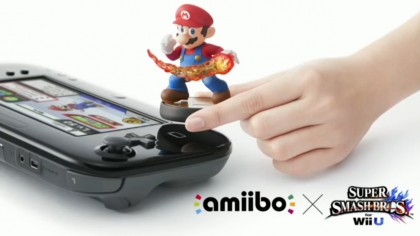
That said, it still has a long way to go to catch up to Microsoft and Sony. Some pundits claimed Nintendo jumped the gun on next-gen with the Wii U, and it's hard to argue with that. If the Japanese electronics giant doesn't want the Wii U to turn out like the GameCube, a woefully barren system that sits on our shelves until the next Xbox or PlayStation come out, they've got to get behind third-party publishers in a big way.
At least amiibo are selling like collectible hotcakes, with 5.7 million sold so far. If Nintendo can maintain those gains and parlay them into meaningful profit, that could be good leverage to get more publishers on-board. In the meantime, if you're a fan, now might be time to buy those amiibo you've had your eye on. They could use the help.